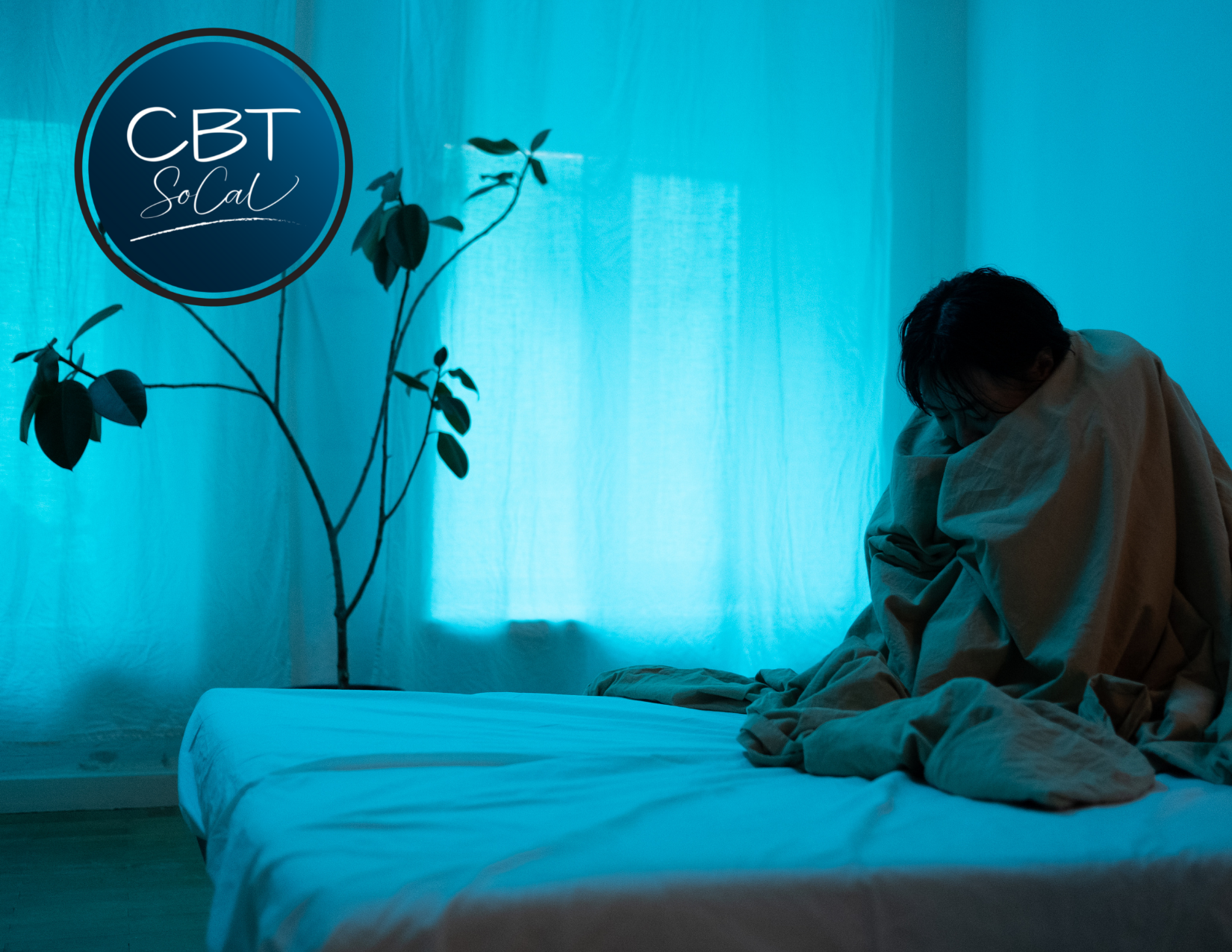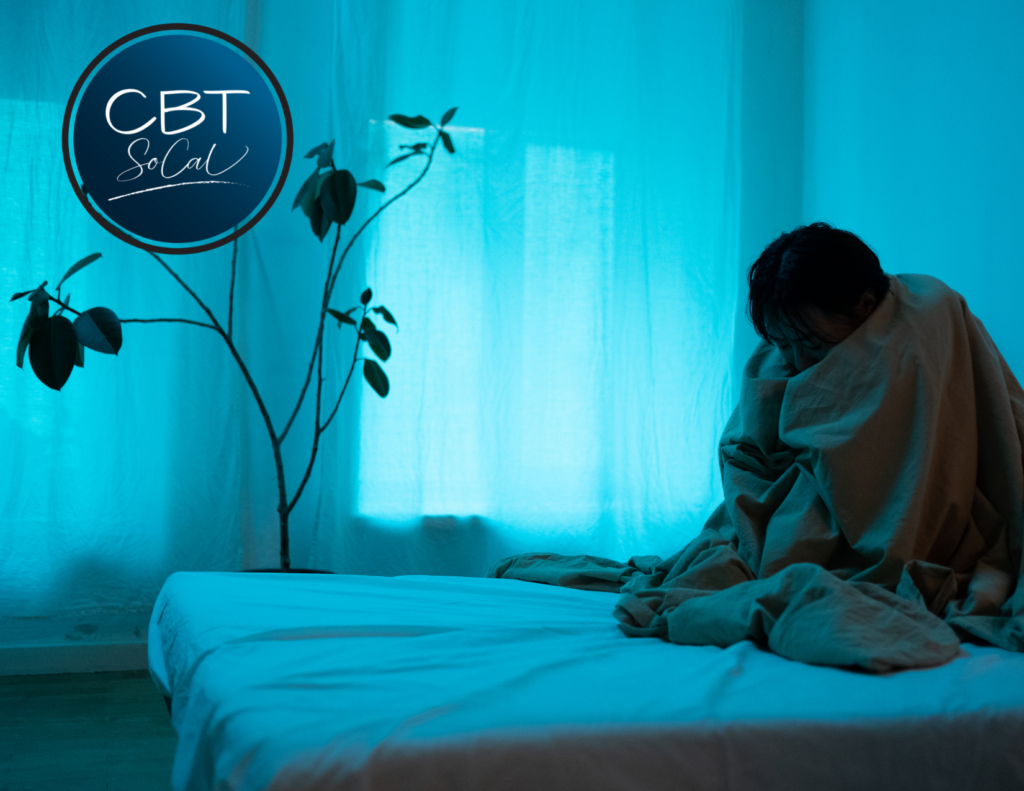Is the pandemic giving you insomnia?


How has your sleep been lately? How about for the past year? For many, the pandemic has been the cause of sleepless nights. Difficulty sleeping during the pandemic has been so common the term “coronasomnia” was coined. In a recent article in the Los Angeles Times, business columnist David Lazarus discussed this epidemic of sleep deprivation.
Many suffered from sleep issues before the pandemic
For many, the pandemic exacerbated a problem already present. The Center for Disease Control reported that about 30% of U.S. adults were getting less than the recommended 7 hours of sleep before the pandemic. Moreover, the CDC reported that as much as 37% of people in Southern California slept less than 7 hours a night.
How has the pandemic affected sleep?
Intense anxiety makes it difficult to sleep for a good reason. Lazarus interviewed a sleep expert who argued that as humans evolved it was important for our survival to stay awake when there is a source of strong anxiety. For example, if a hungry lion is hunting you. It is best to sacrifice a night of sleep in order to stay alert and aware of signs of danger.
A study by the American Academy for Sleep Medicine, discussed by Lazarus, found that over half of people in the U.S. have had difficulty falling asleep and maintaining sleep since the start of the pandemic. Furthermore, people reported experiencing more disturbing dreams than usual. Lazarus pointed that sleep issues are especially prevalent among those ages 35 to 44. The study found that nearly 75% of people within this age range have been sleep deprived during the pandemic.
What are some tips for better sleep?
Lazarus compiled a list of sleep advice offered by the experts he interviewed. A few of the suggestions are below:
- Wake up at the same time every day. Having a consistent wake up time, even after a bad night of sleep, will keep your sleep stable in the long run.
- If you have difficulty maintaining sleep, go to bed later. This will help you to fall into a deeper sleep and maintain sleep throughout the night.
- Avoid large meals and exercise immediately before bedtime.
If you tried these strategies on your own and are still struggling, you might benefit from CBT for insomnia (CBT-I). Contact us to find out how CBT-I could help you.

Dr. Jason von Stietz specializes in Cognitive Behavior Therapy and Sport/Performance Psychology in Torrance, CA. He provides online therapy (telehealth) by way of the Torrance office and is available for a free initial phone consultation. Dr. von Stietz works with individuals from Long Beach, the greater Los Angeles area, and the South Bay including Palos Verdes, Redondo Beach, Hermosa Beach, Manhattan Beach, El Segundo and all over California.
